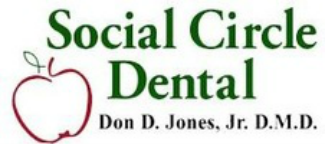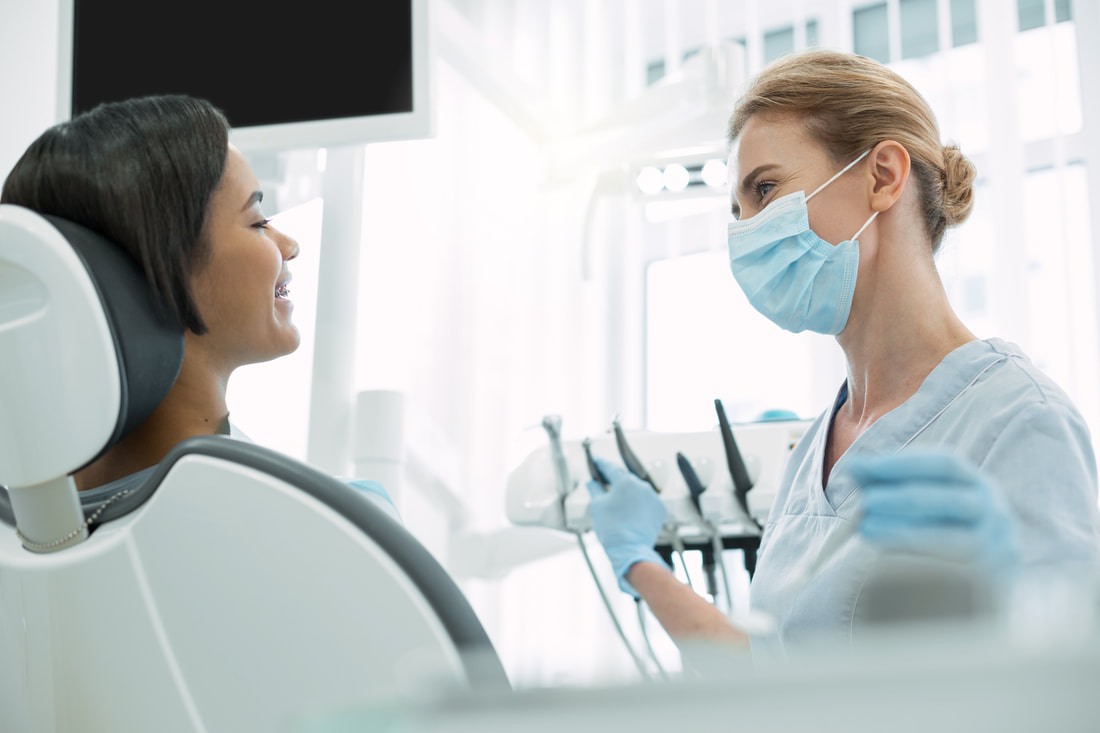|
Whether your dentist is a member of the IAOMT or not, it is very important that you know your dentist! Knowing your dentist means that you have a clear understanding of any treatment plans for you and how these treatments will be performed. The IAOMT advocates and promotes such patient-doctor dialogue, as it establishes a collaborative effort, reasonable expectations, mutual respect, and in the best case scenario, improved health. Note also that just as every patient is unique, so is every dentist. Even within the membership of the IAOMT, each dentist has preferences for which treatments are performed and how they are performed. While we offer educational programs and resources to all of our members, it is up to the individual dentist as to which educational resources are utilized and how practices are implemented. This same concept can basically be applied to all doctors: In the end, each doctor makes decisions pertaining to practices and patients based on their own knowledge, experience, and professional judgement. That being said, taking that time to know your dentist can be very helpful to you as patient. You might consider asking questions such as the following: What is your position on the mercury issue? How much knowledge do you possess about dental mercury? If a dentist is knowledgeable about the mercury issue and understands mercury biochemistry, it is likely they will take biological dentistry or the amalgam filling removal process seriously. Be concerned if you hear, “I don’t think the mercury in fillings is a big deal, but I’ll take it out if you like.” This is probably a dentist that isn’t very concerned about recommendations for safety measures. Familiarize yourself with the terminology of dental practices associated with measures to reduce mercury exposures. There are a variety of methods dentists employ to address the harms of mercury, so it is essential to acknowledge the specific aims of each of these types of dentistry.
You should also understand that dentists cannot, per the American Dental Association, tell you to have your fillings removed for toxicological reasons. In fact, some dentists have been disciplined and/or fined for speaking out against dental mercury and encouraging its removal. So, keep in mind that your dentist might not want to discuss mercury removal from a toxicological perspective. What is your understanding of biocompatibility and biological dentistry? Remember that “biological” or “biocompatible” dentistry typically refers to dental practices that utilize mercury-free and mercury-safe dentistry while also considering the impact of dental conditions, devices, and treatments on oral and systemic health, including the biocompatibility of dental materials and techniques. A dentist knowledgeable about biological dentistry will have an answer in regard to “biocompatibility” which is defined by Merriam-Webster dictionary as “compatibility with living tissue or a living system by not being toxic, injurious, or physiologically reactive and not causing immunological rejection.” You might also want to ask what types of training the dentist has in biological dentistry and why the dentist has chosen specific treatments and/or practices for you. What precautions do you take to safely remove dental amalgam mercury fillings?
Traditional safe amalgam removal techniques include the use of masks, water irrigation, and high volume suction. However, the IAOMT’s Safe Mercury Amalgam Removal Technique (SMART) supplements these conventional strategies with a number of additional protective measures. Patients are encouraged to utilize the IAOMT’s SMART Checklist with their dentists to make sure that both parties agree upon which precautions will be used, even if the dentist is SMART-certified by the IAOMT. The SMART Checklist also helps patients and dentists to establish expectations and understandings prior to the actual amalgam removal procedure. What is your experience in working with patients who ___________? This is your opportunity to find out whether the dentist has expertise in whatever area you are concerned about or interested in. In other words, you can fill-in-the-blank in the question above to relate to your unique patient needs. Some examples that dentists have heard before include: patients who want fluoride-free options, patients who are pregnant, patients who want to become pregnant, patients who are breastfeeding, patients who are allergic to eugenol, patients who are having an issue with a root canal, patients with periodontal disease, patients with claustrophobia, patients with multiple sclerosis, etc. Based on the dentist’s previous experiences or willingness to learn, you can make an informed decision about whether or not you feel comfortable with the treatment plan. How do you utilize patient informed consent? As a patient, you reserve (and deserve!) the right to be informed about the materials and procedures that will be used during your appointments. So, it is essential to make sure that your dentist will provide you with informed consent (which is basically patient permission for a health professional to use a certain material or procedure). Properly designed informed consent forms carefully explain what the potential benefits, potential harms, and alternatives to the material/procedure are. How do you stay current on new research and developments related to dentistry, oral health, and overall health? You probably want to make sure that your dentist is actively involved in learning about the latest developments in dentistry, medicine, and health care. This means that the dentist reads a variety of research articles, attends professional conferences and meetings, is a member of professional groups, and/or communicates with other dental and medical professionals on a regular basis. COURTESY: IAOMT at www.iaomt.org/for-patients/know-your-dentist/
2 Comments
11/2/2021 12:57:23 am
Orthodontists are dental professionals who work with the teeth and jaw to address bite issues such as crowding or tooth gaps.
Reply
12/10/2021 12:21:08 am
Thanks for this very educational blog post! Dentists are highly educated experts that assist in the care of the teeth and mouth. Seeing a dentist on a regular basis can help you keep a healthy mouth, which can have a direct effect on your entire well-being.
Reply
Leave a Reply. |
AuthorSocial Circle Dental is a holistic dental practice devoted to restoring and enhancing the natural beauty of your smile using conservative, state-of-the-art procedures, while focusing on your overall health and well-being. Archives
May 2024
Categories |



 RSS Feed
RSS Feed